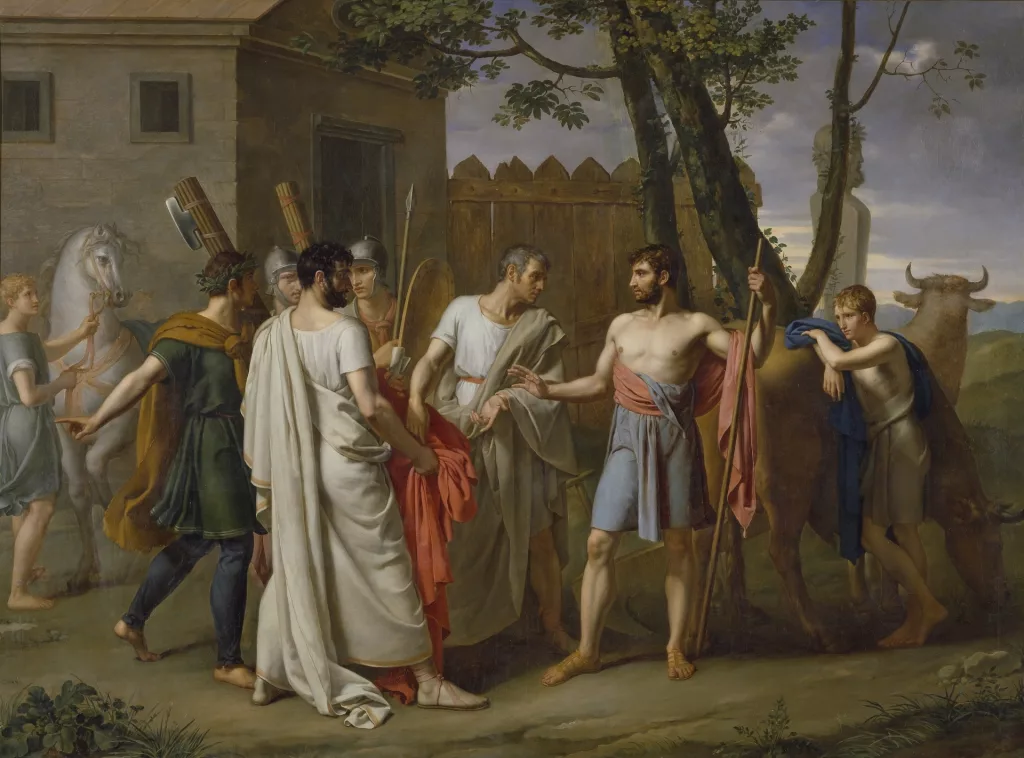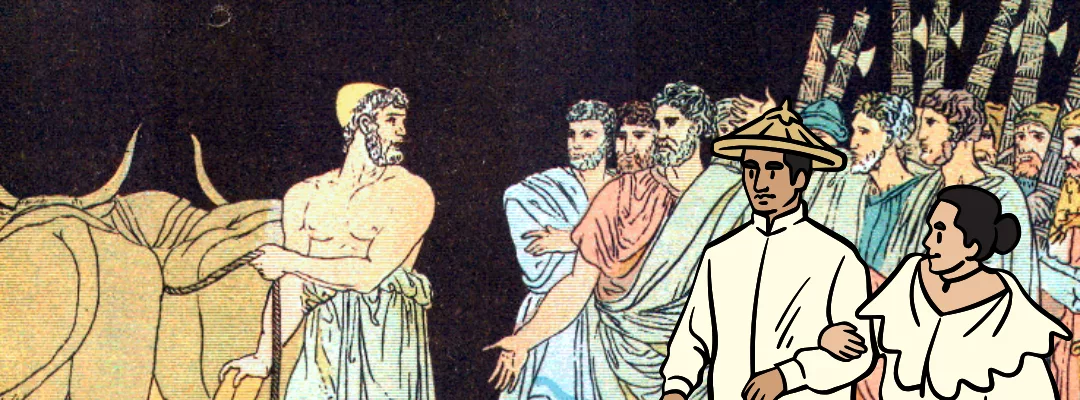Power in character is knowing when to assume and wield power for the common good.
Character in power is knowing when to step down and yield authority to the younger generation.
Cincinnatus was a humble Roman farmer in the 5th century BC. When Rome faced a grave military crisis, the Senate called him to serve as dictator—a role that gave him absolute power. He accepted the call, led Rome to victory in just 16 days, and, instead of clinging to power, he laid it down and returned to his plow. His story became a timeless symbol of leadership as service, not possession, inspiring generations of leaders to rule with humility and restraint.Both Philippine leaders and citizens can draw powerful lessons from his example:
1. Power Is Not Absolute and Never Permanent
No individual or family can wield all the power in a nation forever. Wisdom teaches that at times, the best way to wield power is to navigate around it instead of attempting to contain it.
We admire political leaders who, despite enjoying immense popularity, chose to relinquish power. Why? Because they knew when to step down for the greater good.
2. Power Is Generated by Necessity
Like Cincinnatus, power knocks at our doors when we are needed to rise to the occasion. Leadership is not about ambition but about answering a call to serve.
When that moment arrives, may we be courageous enough to rise to the occasion—whether we feel ready or not.

3. Power Is Not Defined by Titles
Many leaders believe that titles give them power, but the truth is the opposite: power gives meaning to titles.Power gave them their titles and these titles are meant to have a noble purpose—to empower the “3 Ls”: the Least, the Lost, and the Last.
4. Power Is Perfected in Service
Power is always meant to be outward-oriented. The moment it turns inward—focused on self-preservation—it begins to corrupt and destroy.
True wisdom teaches that power lasts, but we do not. We cannot fully contain power in our person or family; when we leave this earth, it will pass to the next generation.
Cincinnatus knew this and this enabled him to not create an unhealthy attachment to power.
The Wisdom to Wield and Yield Power
Everyone possesses some degree of power. The mark of great leadership is knowing when to wield it and when to pass it on.
Personally, I wouldn’t mind retiring someday in the province—teaching catechism to children or philosophy to teenagers. Who knows, I might even learn cabbage farming. 😄
Key Takeaways for Filipino Leaders and Citizens
- Leadership is a responsibility, not a possession.
- Power is a trust that serves the common good.
- Knowing when to step up or step down is a sign of wisdom and strength.
Cincinnatus reminds us that true power lies in service, humility, and the courage to let go.
Discover more from Tamang Usapan Podcast
Subscribe to get the latest posts sent to your email.





